Have you ever plopped your phone on a wireless charger, thinking it would quickly power up? Only to be disappointed hours later when it's still hardly charged? Trust me, you're not the only one. Wireless charging is super convenient, but let's face it — its slow speed drives a lot of us crazy sometimes. In this guide, we're going to dig into why wireless charging is slower than using a cable, what's dragging down its speed, and most importantly, how you can speed it up.
Why is Wireless Charging Slower than Wired Charging?
How Wireless Charging Works
To find out why wireless charging is slower, we should first understand how it works. Wireless charging relies on electromagnetic induction. Here's how it goes: when you set your phone on a wireless charger, the charger generates an electromagnetic field. Your phone has a receiver coil that picks up this magnetic field and turns it back into an electrical current. That current then powers up your phone's battery. Sounds easy? But in reality, it's more complicated and less efficient than using a good old charging cable.
Why Wireless Charging is Slower
Efficiency Losses
One big reason why wireless charging is so slow is because of energy losses during the transfer process. Every time energy changes form — from electricity to magnetism and back to electricity — some of it gets wasted. With wireless charging, those energy losses can be pretty significant. That's why it takes way longer to juice up your phone compared to using a regular wired charger.
Heat Management
Heat is the worst enemy of fast charging. When you charge your phone wirelessly, both the charger and your phone heat up. Too much heat can really slow down the charging process. Sure, chargers and phones have heat management features, but they can only do so much. Sometimes, if your phone or charger gets too hot, the charging speed will automatically slow down to avoid any potential damage. This often happens when you use your phone while it's charging or place it on a surface that traps heat.
Power Limitations
Power limitations are also an important factor. Compared to wired chargers, wireless chargers usually can't pump out as much power as wired ones. The maximum power output of most regular wireless chargers is around 10-15 watts. In contrast, many wired chargers can deliver 30 watts or even more. With less power going into your device, it's no surprise that wireless charging takes longer.

Other factors that Impede Wireless Charging Speed
1. Phone Accessory Interference
You might not realize it, but the accessories on your phone can really interfere with wireless charging. For instance, thick cases, especially metal ones, can block the electromagnetic field between your phone and the charger. What's more, things like stickers, phone grips and even credit cards stuck to the back or your phone can throw a wrench in the wireless charging process.
2. Phone-Charger Misalignment
How you place your device on the wireless charging pad or stand makes a huge difference. If it's not lined up properly with the charger's coil, you won't get the most out of your charging session. In fact, even when everything seems perfect, about 20% of the power running through your device will be wasted. That's a lot, especially when you're in a hurry to get your phone up and running again.
3. Charger Output
Not all wireless chargers are created equal, especially when it comes to power output. Some chargers just don't put out as much power. As a result, instead of getting a quick power boost, your phone takes ages to charge. What's more, if your charger is old or broken, it might not be able to deliver the full amount of power it's supposed to. That means, even if it was a decent charger once, now it's letting you down.
4. Battery Aging
Another factor that is often overlooked is the fact that batteries age. Over time, your phone batteries wear out. You might have noticed that your phone doesn’t seem to hold a charge as long as it did when you first bought it. That’s a sign that the battery is aging. And when it comes to wireless charging, this can make the process seem even slower. So, it’s not that the wireless charger is necessarily at fault; it’s just that your battery isn’t able to make the most of the power it’s receiving.
5. Background Activity
We all love having multiple apps running on our phones at the same time. But here's the thing — running multiple apps in the background can be a major drain on your phone's battery and, in turn, slow down the wireless charging process. This is especially true for power-hungry apps, such as gaming apps, navigation apps, video-streaming apps, and social media apps. They are the culprits that drain your phone's battery and slow down the charging process.
Tips to Speed Up Wireless Charging
1. Remove Accessories
To improve wireless charging speed, remove any thick or metal cases on your phone before charging. If you still want some protection, consider using a thin, non-metallic case. And, there're also a variety of wireless charging compatible cases out there. Moreover, remember to take off any stickers, phone grips, or any objects attached to the back of your phone.
2. Ensure Proper Alignment
Make sure your phone is properly attached to the wireless charging pad or stand. Most wireless chargers have indicators that can help you with this. Some chargers even take a step further. Featuring multiple coils, these chargers make charging a real breeze. All you need to do is plop your phone on the charger. No more fumbling around trying to find the "sweet spot"!
3. Improve Heat Dissipation
Avoid using your phone while it's charging wirelessly, especially for resource-intensive tasks. Place your phone on a flat, well-ventilated surface to help it dissipate heat. You can also consider getting a cooling pad designed specifically for charging.
4. Upgrade Your Charger
Invest in a high-quality wireless charger with a higher power output. Look for chargers that support advanced fast charging standards, such as Qi2. Compared with run-of-the-mill wireless chargers, they can significantly slash charging times.
5. Check Your Battery Health
If your phone has seen better days and its battery seems to drain faster than ever, it might be time to think about replacing it. A new battery can make a world of difference. It'll be able to take in a charge much more rapidly. This way, you will not only save time waiting for your phone to juice up, but will also enjoy better overall battery life throughout the day!
6. Minimize Background Activity
Before charging your phone wirelessly, close any apps that you're not using. This will free up resources and allow your phone to focus on charging, nothing else. You can also put your phone in airplane mode to further reduce power consumption.
Conclusion
Undoubtedly, compared to wired charging, wireless charging can take longer due to several reasons. But, still, it provides an unmatched level of convenience. After all, you do not have to fumble around untangle knots, or worry about whether you’ve got the right adapter. All you need to do is place your phone on a charging pad or stand, and the charging will begin instantaneously.
2-in-1 Wireless Charging Stand
If you're tired of slow wireless charging, upgrading to the PISEN 2-in-1 Wireless Charging Stand could be the game-changer you need. With 15W fast charging, a strong magnetic hold to prevent slipping, and dual-device support, this stand lets you power up your phone and wireless earbuds simultaneously. Plus, its 8-layer safety protection ensures worry-free charging. Say goodbye to misalignment issues and overheating—just place your phone on the stand and let it charge at maximum efficiency. Try it today and boost your wireless charging speed instantly!
Related reading: Tips for Choosing the Right Wireless Charger for Your Devices
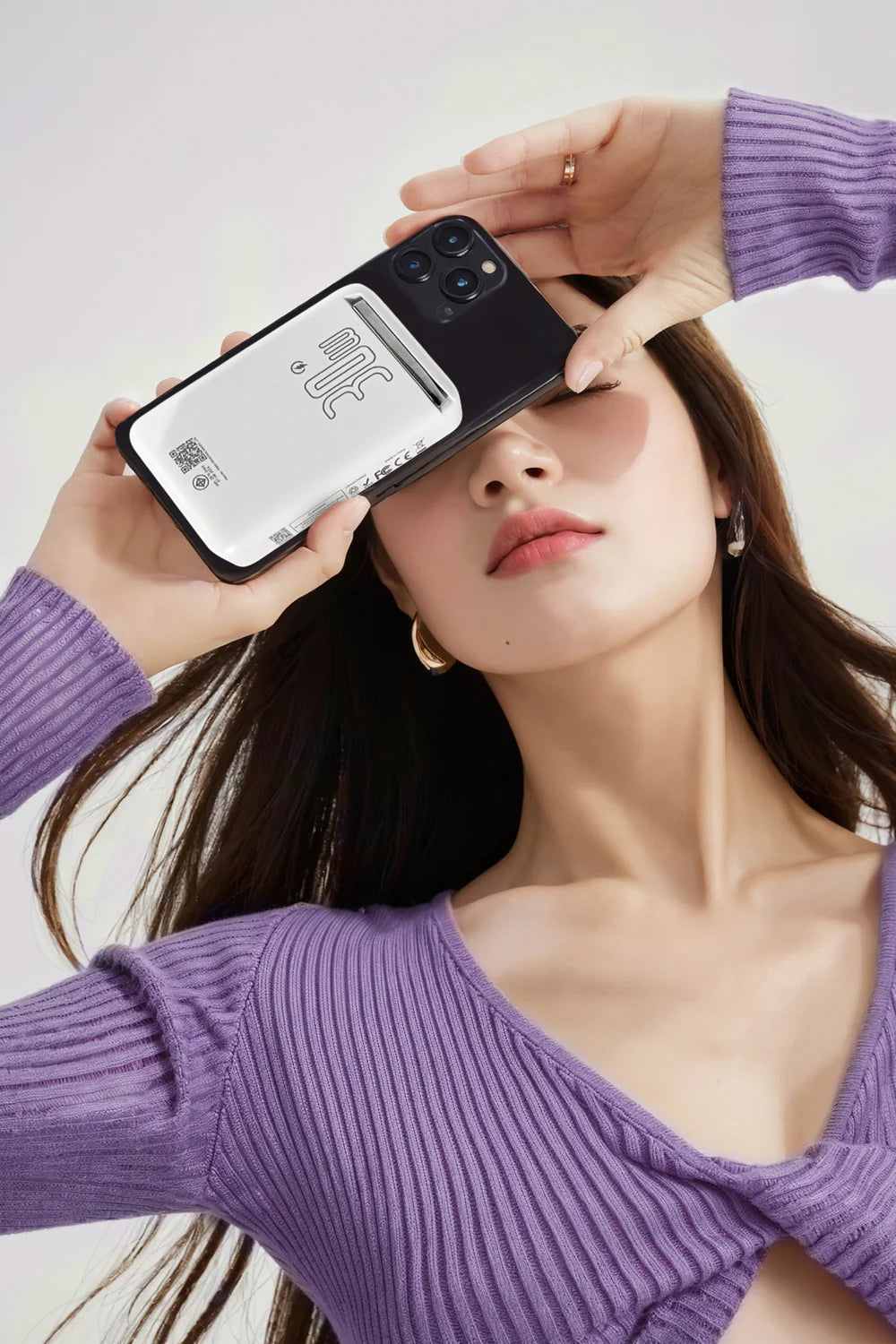
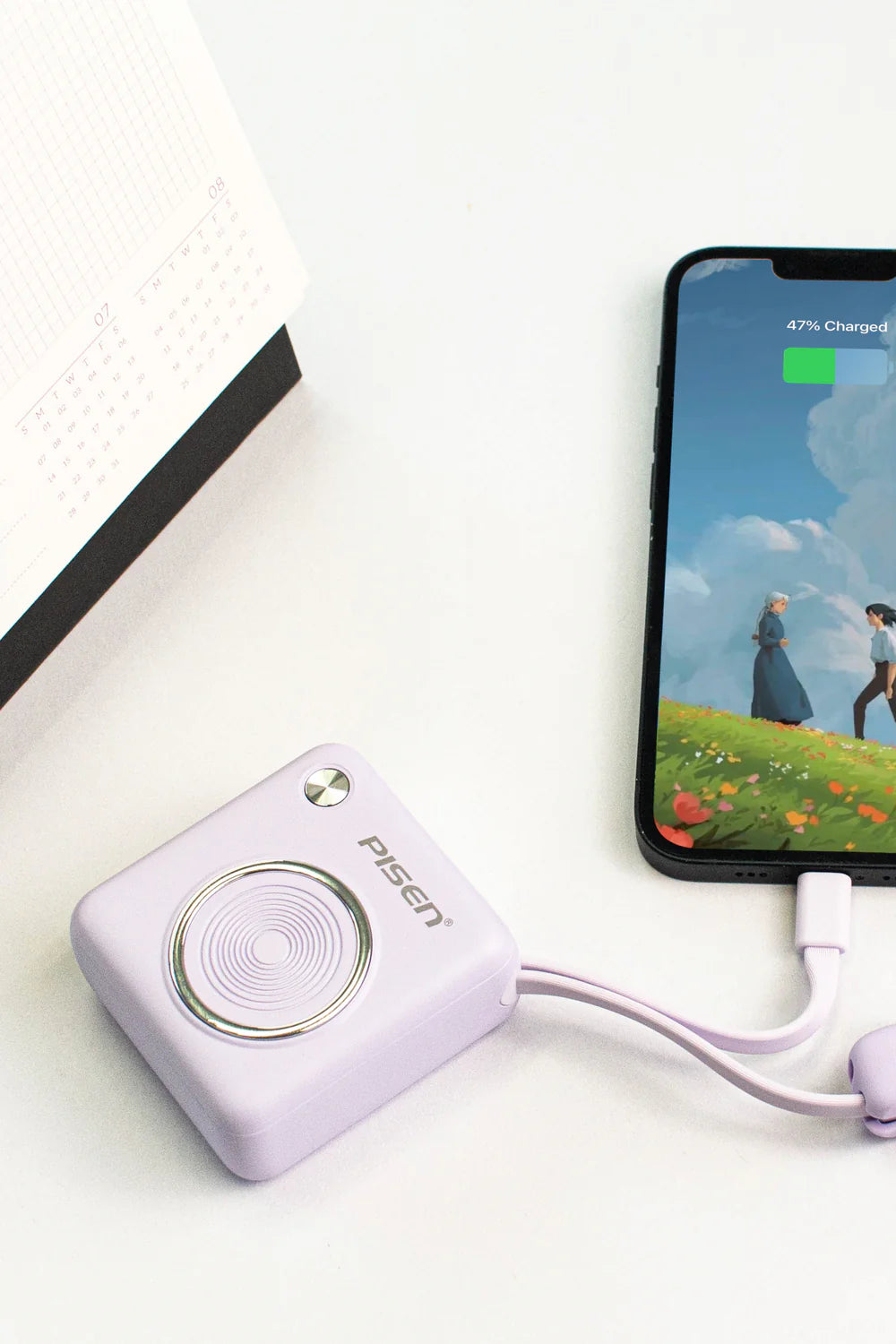
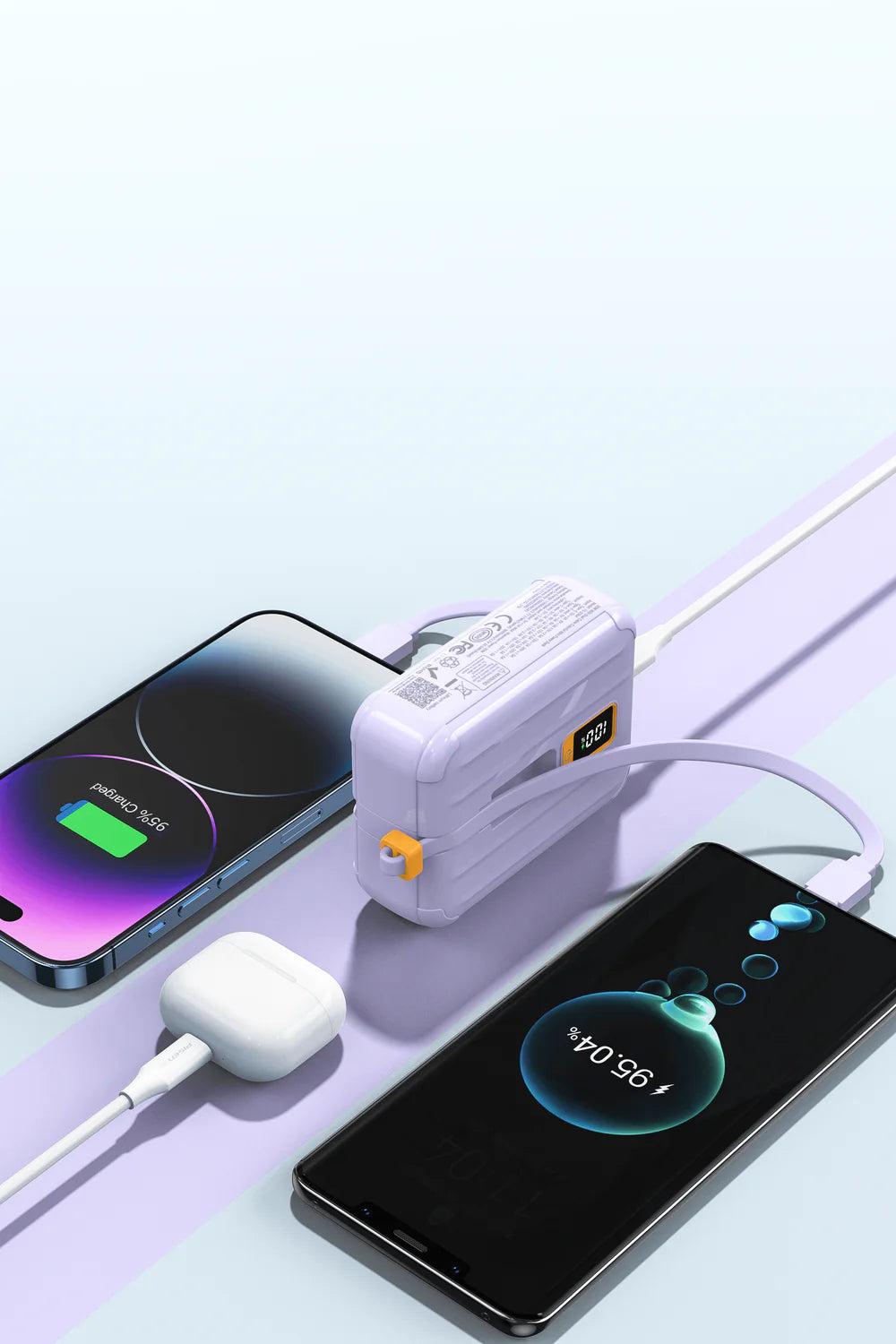
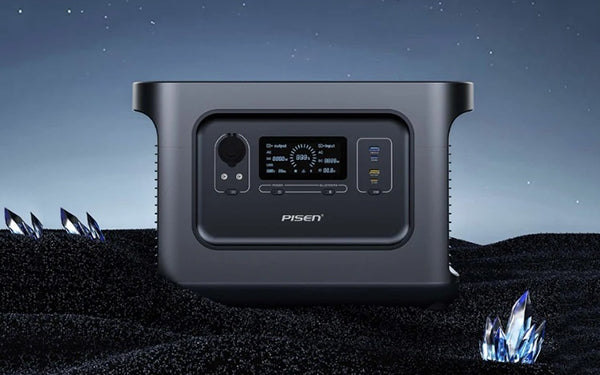
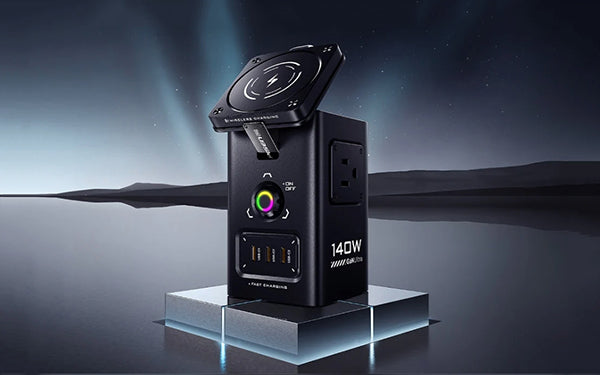
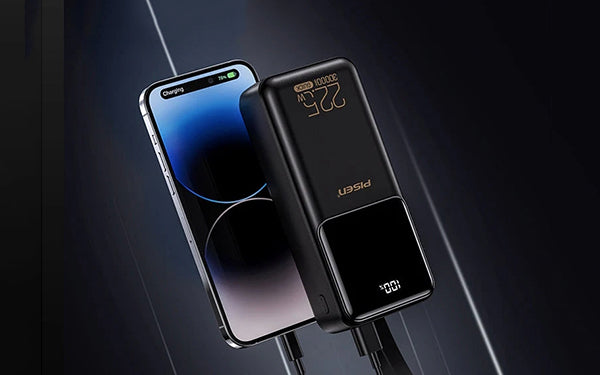




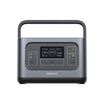
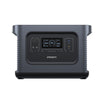

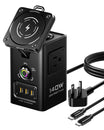



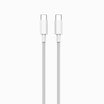

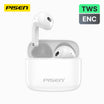
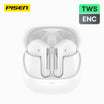
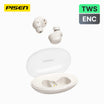
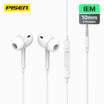
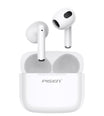
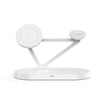
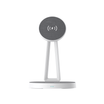
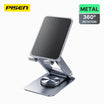
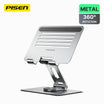
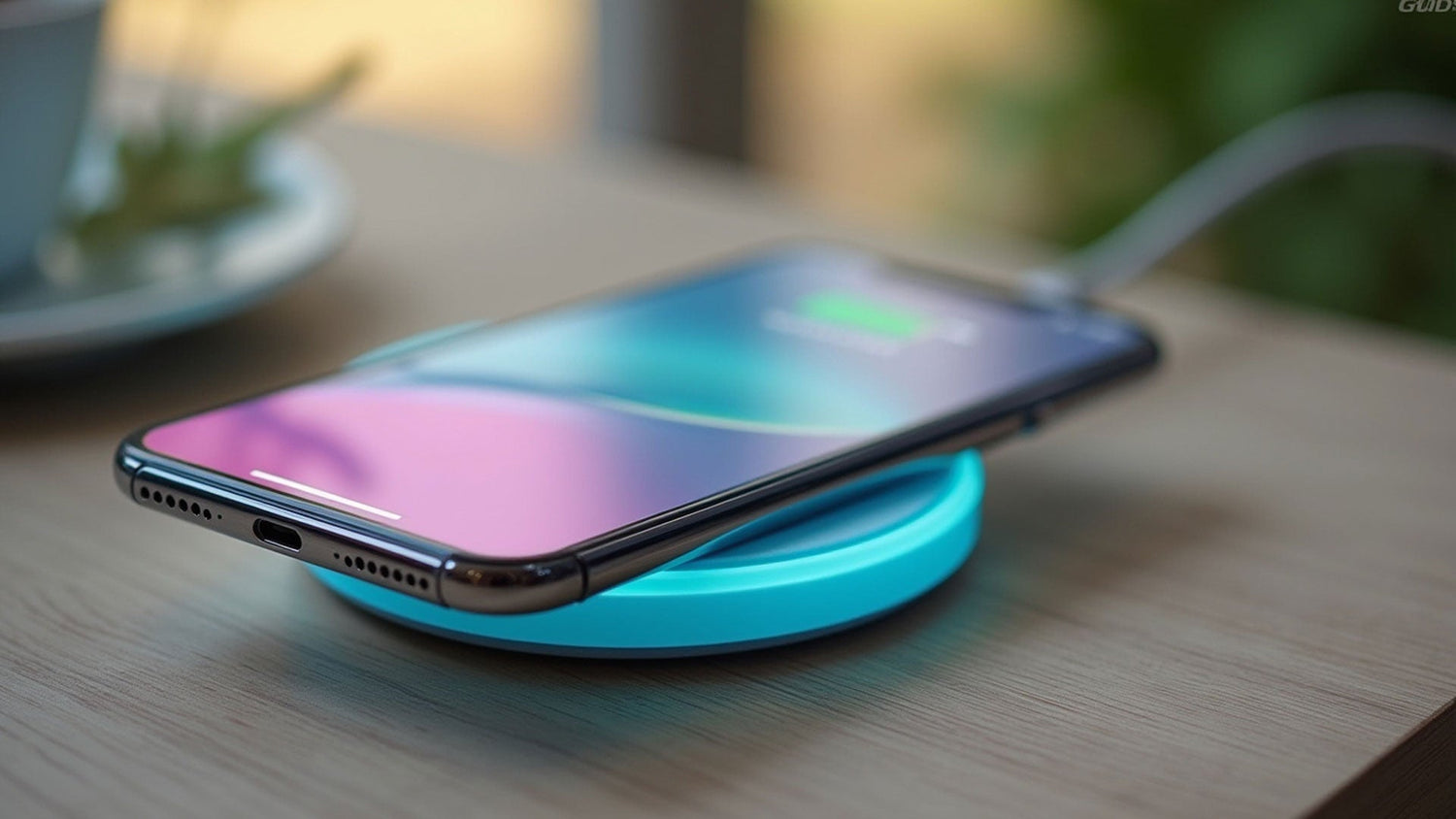
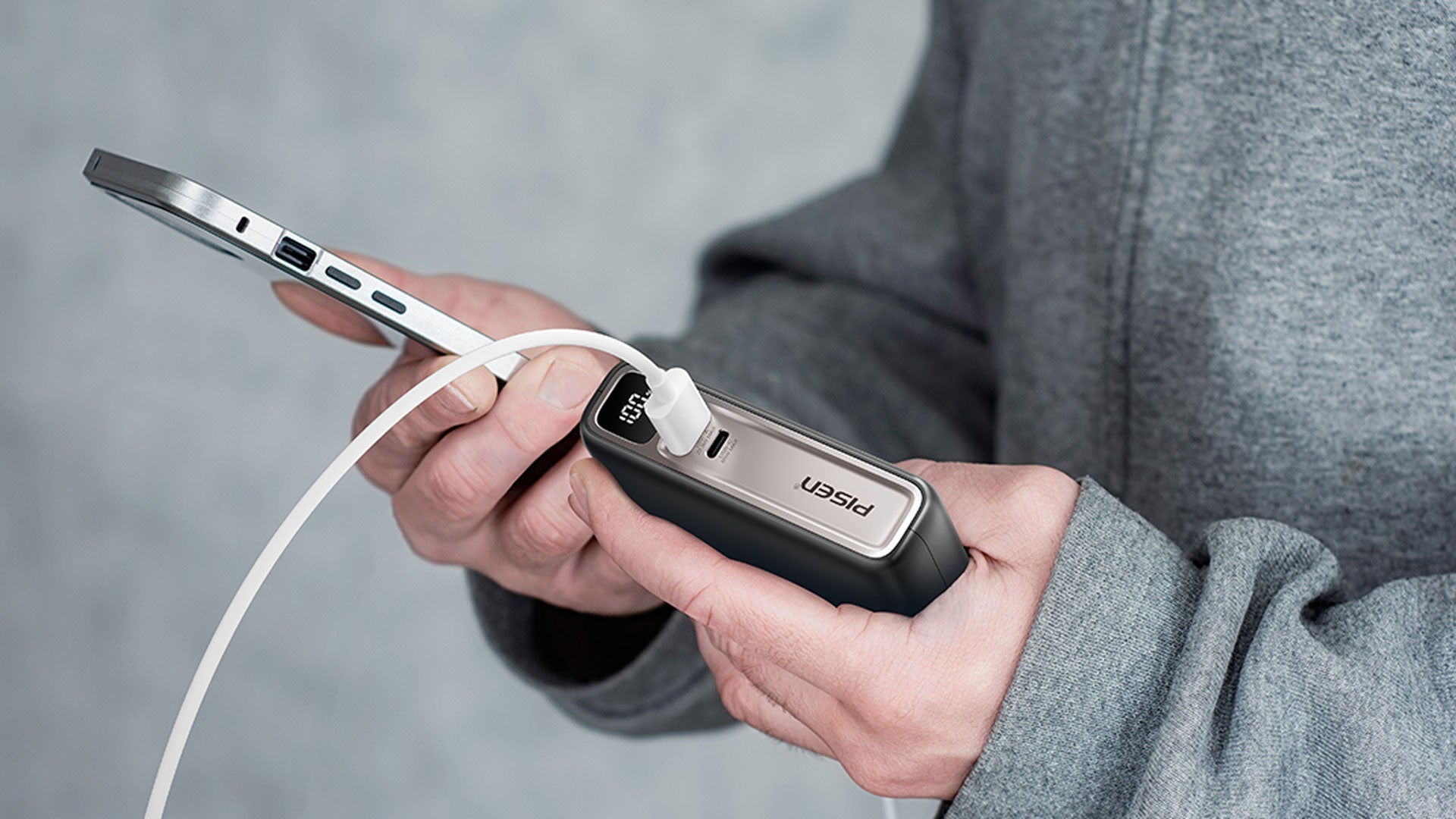
Leave a comment
This site is protected by hCaptcha and the hCaptcha Privacy Policy and Terms of Service apply.